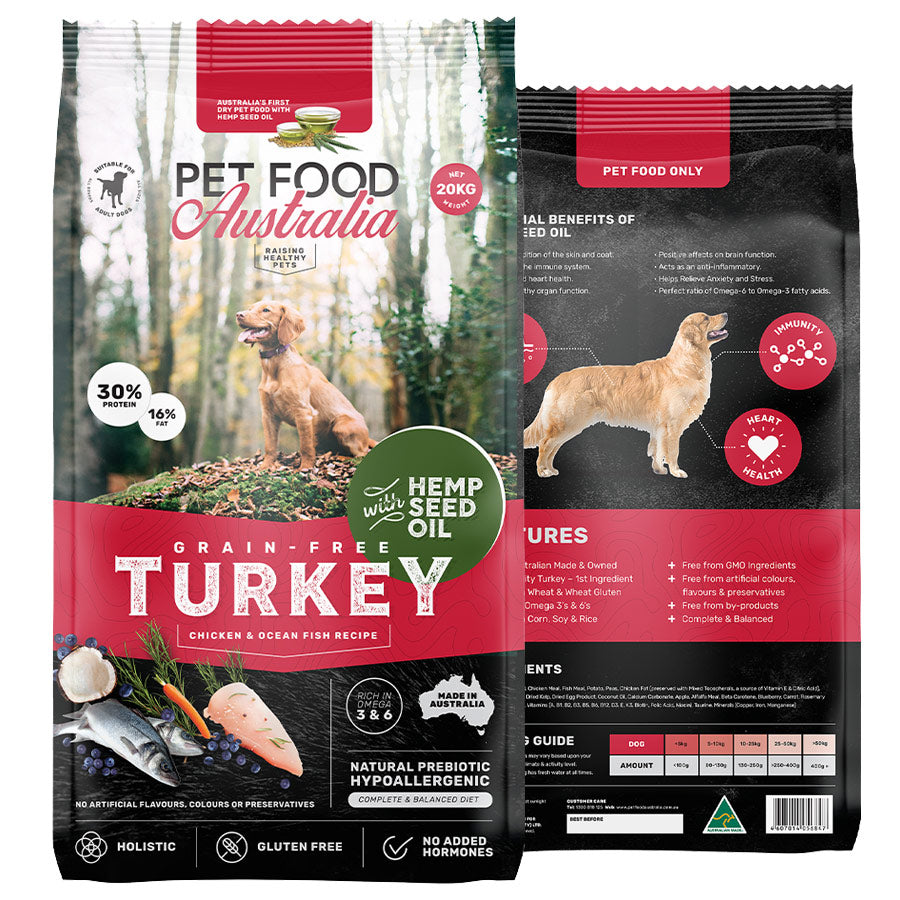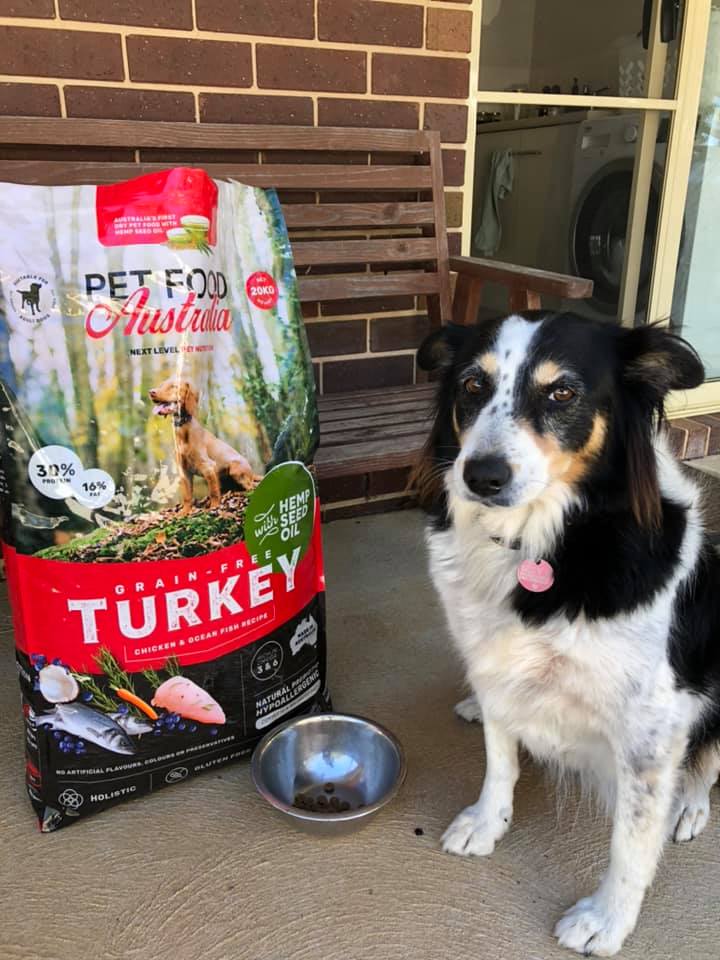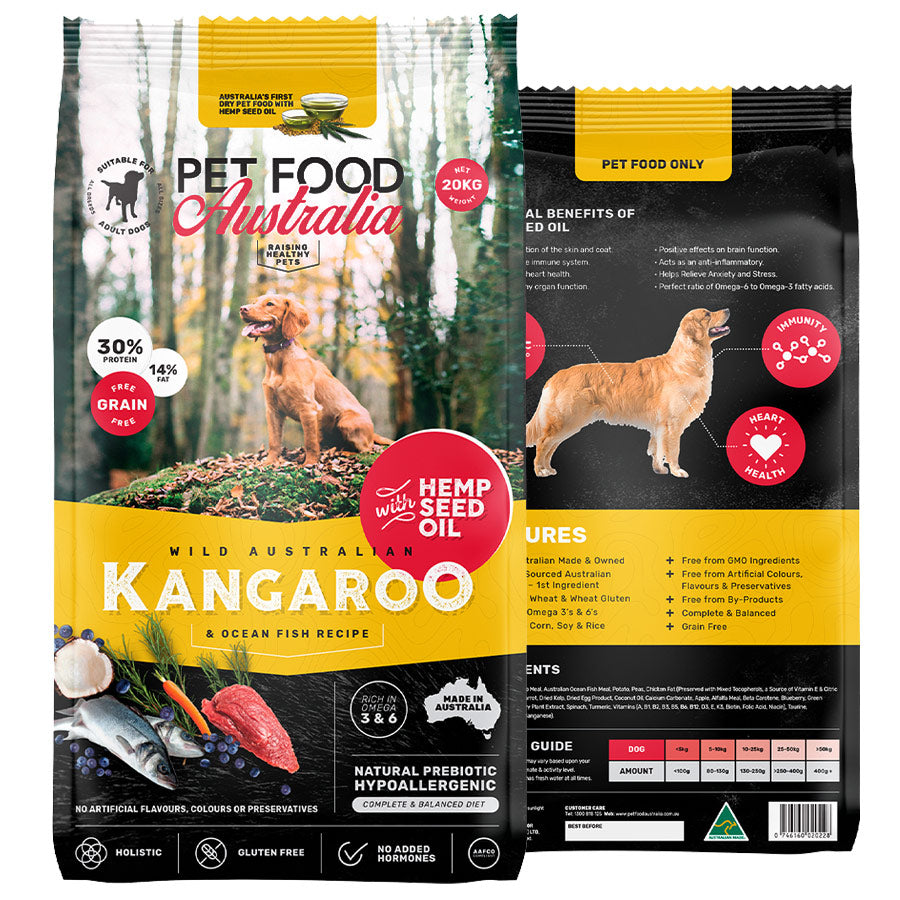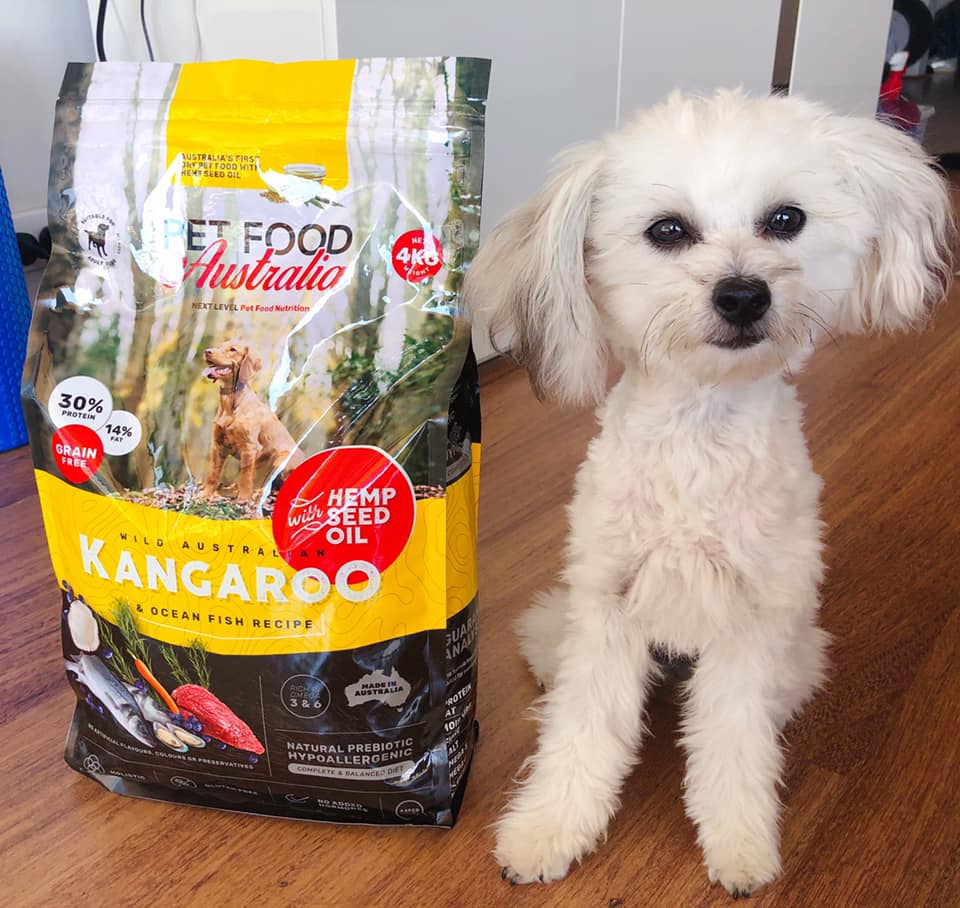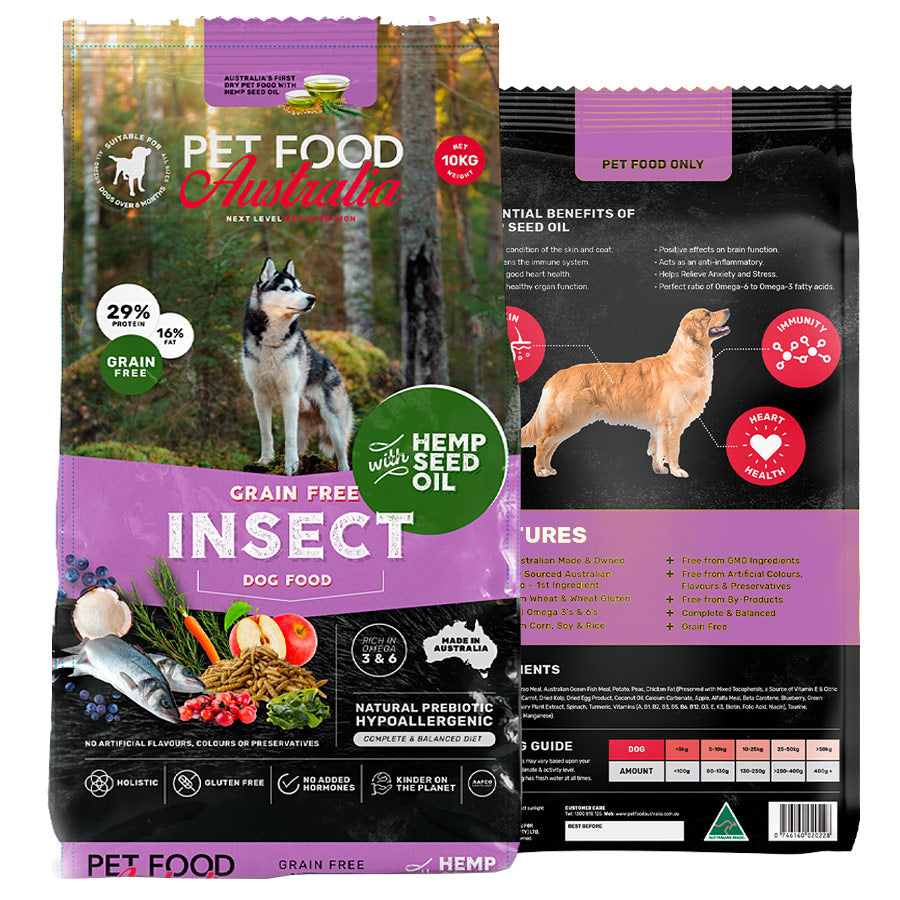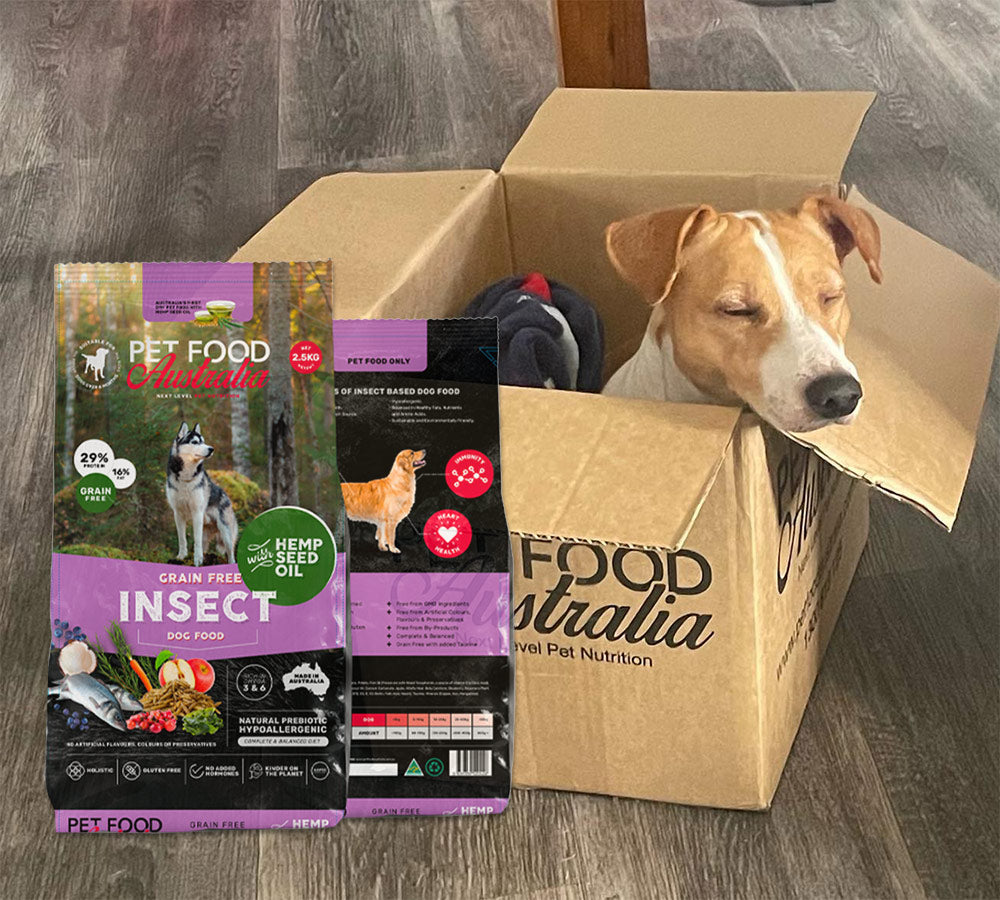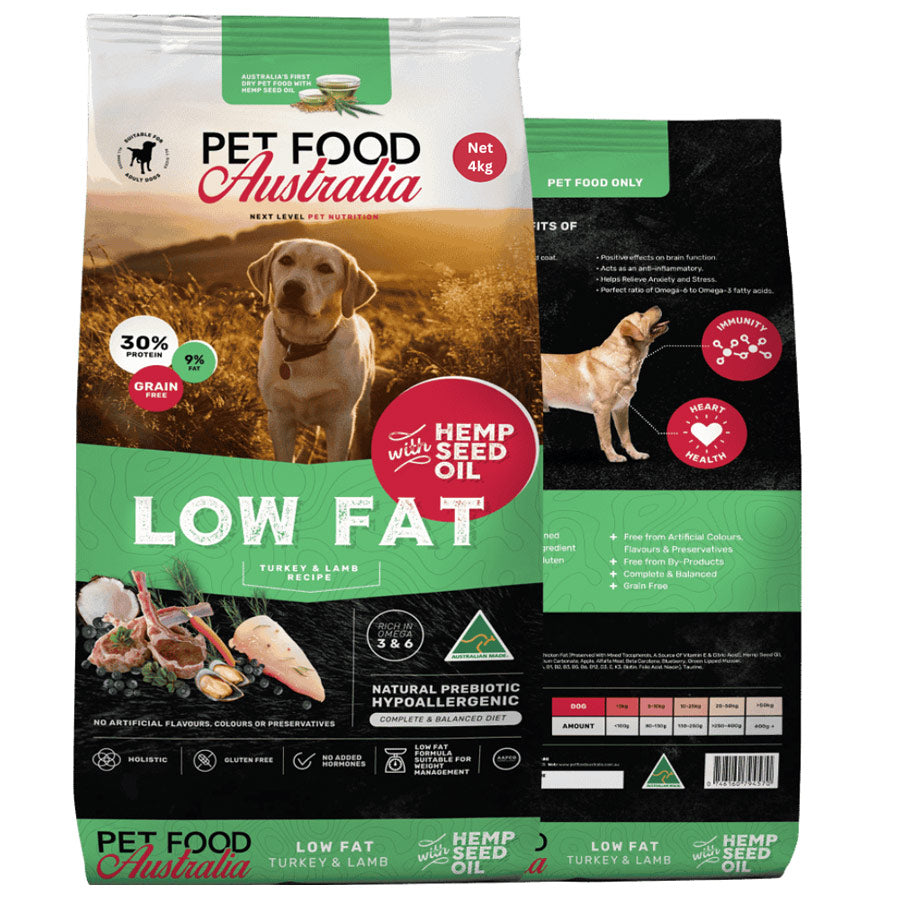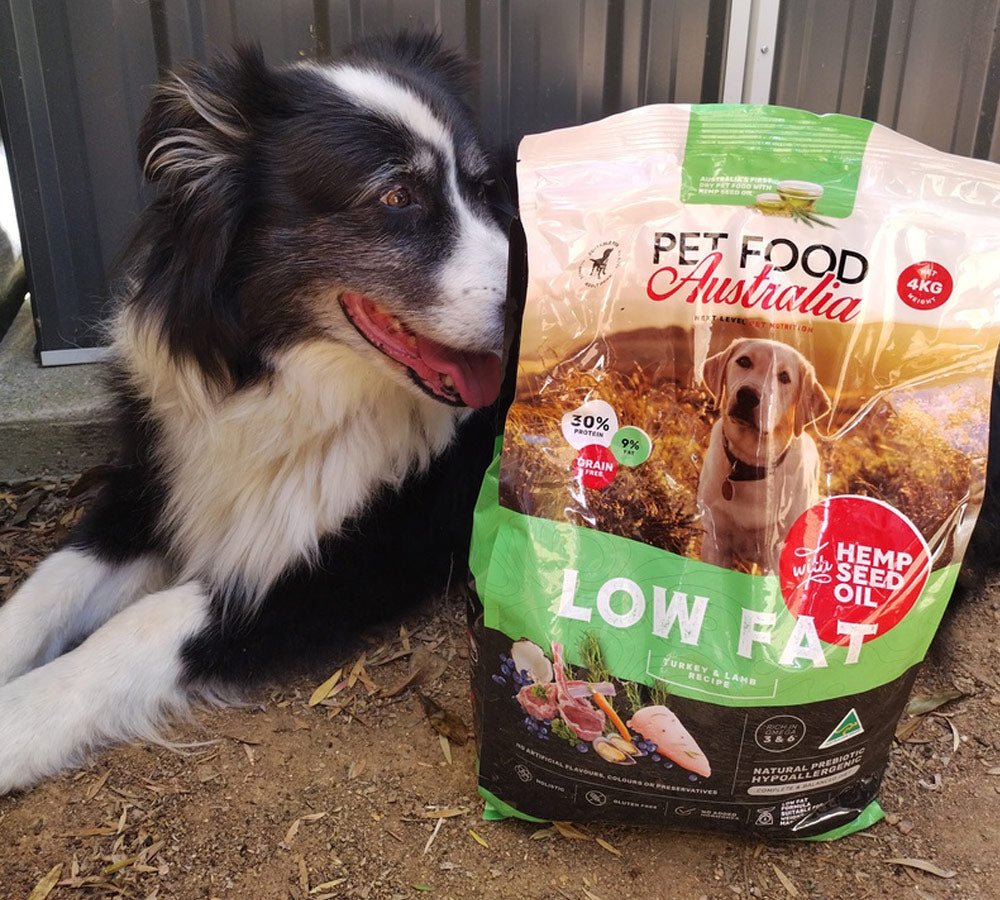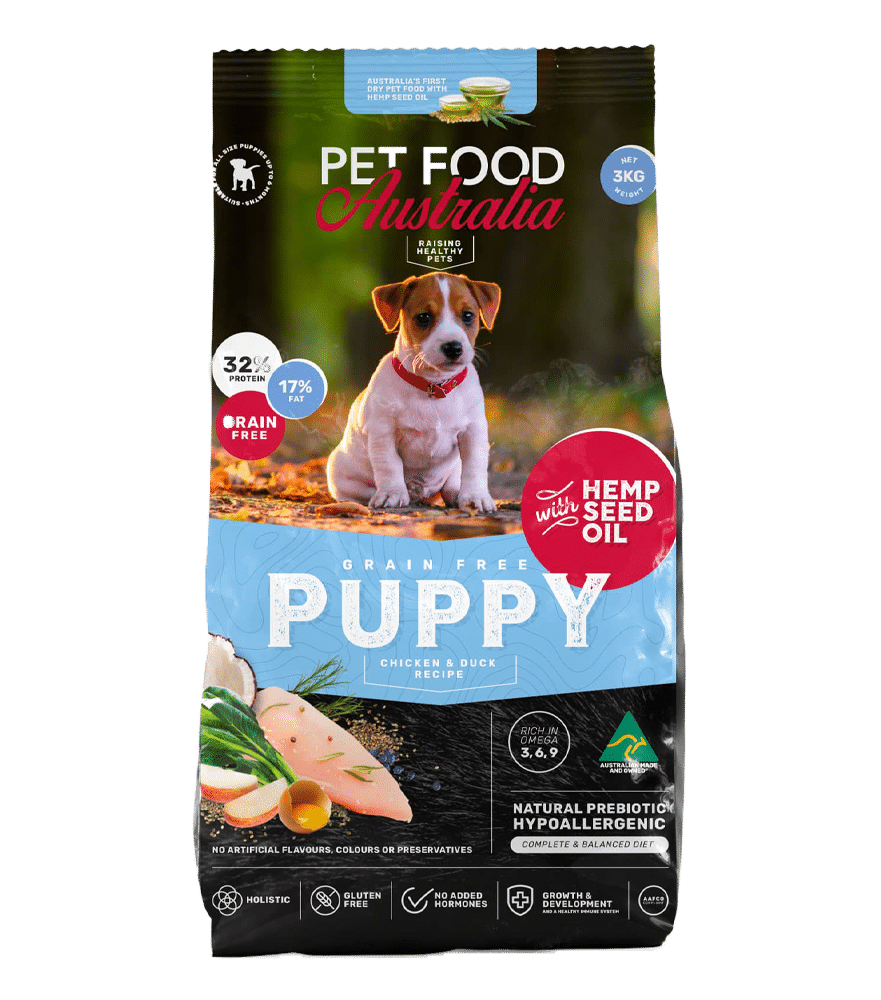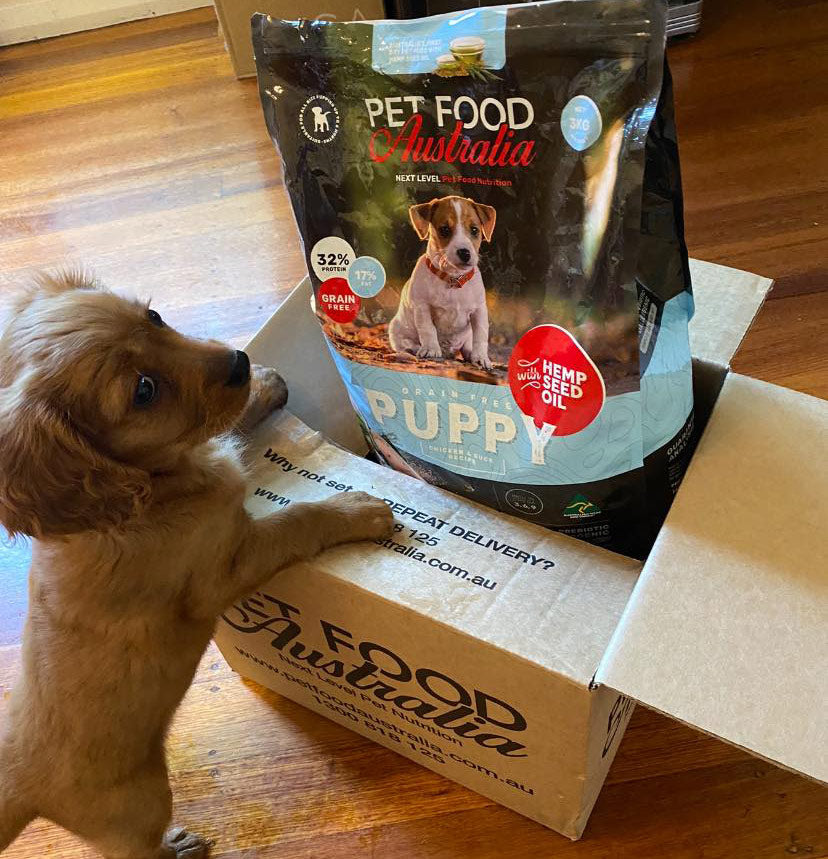Pancreatitis in Dogs | Causes, Prevention & What Foods To Avoid
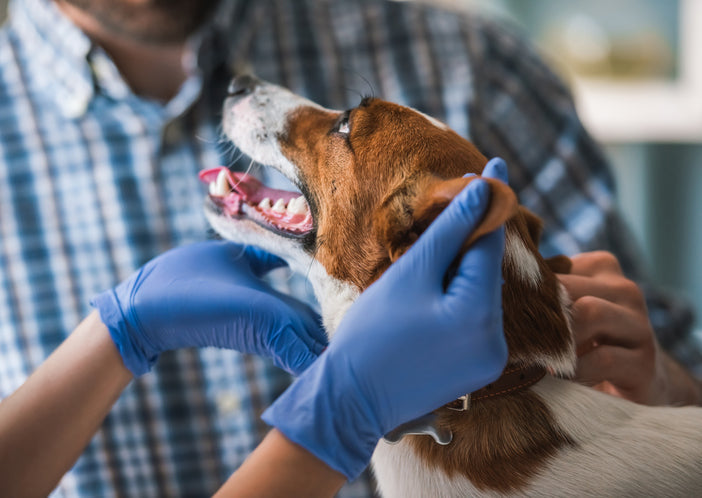
Pancreatitis is a serious condition in dogs, and pet owners need to be aware of it.
Understanding the causes, prevention methods, and dietary restrictions can help keep your dog healthy and happy.
What Is Pancreatitis?
Pancreatitis occurs when the pancreas becomes inflamed. If not appropriately managed, this inflammation can lead to severe health complications and even be life-threatening.
Pancreatitis in dogs will display as either Acute Pancreatitis or Chronic Pancreatitis:
Acute pancreatitis occurs quickly with little to no permanent changes to the pancreas.
Chronic Pancreatitis is a chronic inflammation of the pancreas that often results in permanent and irreversible changes to the pancreas.
An article on preventitivevet.com.au explains pancreatitis in dogs this way: 'In general, with acute or chronic pancreatitis, inflammation causes activations of enzymes within the pancreas itself. This results in a progressive breakdown of the pancreas' tissue by its own enzymes — in short, think of it as eating itself!'
What Causes Pancreatitis In Dogs?

There is no single cause of pancreatitis in dogs, but several factors can contribute to its development. Some of the most common causes include:
High-fat Diets
Consuming excessive fatty foods, such as table scraps, greasy meats, or rich treats, can trigger pancreatitis.
Obesity
Overweight dogs are more prone to pancreatitis due to the strain excess fat places on the pancreas.
Sudden Dietary Changes
Abrupt changes in diet can disrupt digestion and lead to inflammation.
Certain Medications
Some drugs, including corticosteroids and certain antibiotics, have been linked to pancreatitis.
Underlying Health Conditions
Diseases such as diabetes, hypothyroidism, and Cushing's disease can increase the risk.
Trauma or Surgery
Physical trauma to the abdomen or recent surgical procedures can sometimes lead to pancreatic inflammation.
Which Dogs Are More Likely To Get Pancreatitis?

Pancreatitis isn't a selective disease; there is no age, sex, or breed susceptibility. All dogs are at risk of developing pancreatitis, but some may have a higher likelihood due to lifestyle and genetic factors. Older dogs, overweight dogs, and those with pre-existing conditions such as diabetes or hypothyroidism tend to be more susceptible.
It's the dogs that frequently consume high-fat diets, table scraps, or unhealthy treats that become at high risk of developing pancreatitis - which is absolutely heartbreaking as it should be the pet parent managing their pet's food consumption and making their pet's health the priority above giving in to the puppy eyes and feeding them leftovers and treats each day.
Symptoms Of Pancreatitis In Dogs

Recognising the early signs of pancreatitis is crucial for prompt treatment. However, symptoms can be vague and not specific to just pancreatitis. In any case, it's essential to be on the lookout for any of the following symptoms:
-
Vomiting
-
Loss of appetite
-
Diarrhea
-
Lethargy
-
Abdominal pain: your dog may have a hunched posture, reluctance to touch the stomach, be restless, and panting)
-
Fever
-
Dehydration
If your dog shows any of these symptoms, especially in combination, consult your veterinarian immediately.
Treatment For Pancreatitis In Dogs

The treatment for pancreatitis in dogs consists mostly of supportive care. Your vet can offer medications and IV fluids to treat the secondary effects, including vomiting, diarrhea, fevers, and pain. Unfortunately, there is no miracle cure or standard veterinary treatment.
The same article we mentioned above states, 'Once your pet has had pancreatitis, they are more likely to have it again. And every time your pet has pancreatitis, their ability to recover each time diminishes. Preventive measures and following your veterinarian's treatment plan are crucial for their health. Pancreatitis can be fatal.'
How To Prevent Pancreatitis In Dogs

To prevent pancreatitis in dogs, several factors must be considered, including regular exercise and routine veterinary checkups. However, the most effective way to reduce the risk is by carefully managing their diet and maintaining a healthy weight.
Obesity in dogs is the major contributor to pancreatitis. Excess body fat strains the pancreas, making it harder to produce digestive enzymes. Feeding your dog a well-balanced, portion-controlled diet will help maintain a healthy weight.
Regular exercise is also a no-brainer. Incorporating exercise into your daily routine will help regulate your pets metabolism, burn excess calories, and keep them fit and strong.
Pet owners should also be mindful of the quality of food their dogs consume. Opt for high-quality, low-fat dog food that supports digestive health and avoids additives or excessive fillers.
Foods To Avoid If Your Dog Has Pancreatitis

Diet plays a critical role in both preventing and managing pancreatitis. Certain foods should be avoided entirely, including:
High-Fat Foods
Fatty foods can be a major trigger for pancreatitis in dogs. While bacon and sausages are tasty, they are loaded with unhealthy fats that strain the pancreas. Dairy products like butter and cheese also contribute to high-fat intake and should be avoided. Fried foods, including those cooked in oils or containing excessive grease, can be harmful. Additionally, fatty cuts of meat, such as lamb and pork belly, should not be fed to dogs prone to pancreatitis.
Processed & Sugary Foods
Processed and sugary foods pose another risk. Fast food, ice cream, cakes, and pastries contain high levels of fat and sugar, which can cause inflammation and digestive distress.
Chocolate, in particular, is toxic to dogs and should never be given, even in small amounts. Read our recent blog: What To Do If Your Dog Eats Chocolate.
Bones & Rich Treats
Rich, high-fat treats can be just as dangerous as fatty foods. Bone marrow is extremely fatty and should be avoided, whether raw or cooked; fat trimmings from meats can also contribute to pancreatitis. Excessively oily treats, including those with added fats or flavourings, should also be kept out of your dog's diet.
Opt for dog foods and treats that support your pet's digestive system and overall well-being.
Pet Food Australia's Solution For Pancreatitis In Dogs
At Pet Food Australia, we've dedicated ourselves to providing pet care solutions that solve prevalent pet problems and boost their holistic well-being. We understand the importance of proper nutrition in preventing and managing pancreatitis in dogs.
Our carefully formulated, high-quality dog food is designed to provide optimal nutrition while keeping fat levels low and digestive health in check. Our recipes, including our range of treats, are made from premium, natural ingredients with no artificial additives, fillers, or preservatives.
By feeding your dog a well-balanced, nutrient-dense diet, you can support their long-term health and help prevent conditions like pancreatitis.
At Pet Food Australia, we preach that prevention is always better than the cure. Pancreatitis in dogs is the perfect example. Great health starts in the bowl – the best way to prevent pancreatitis is to keep your pet healthy from a young age and implement healthy habits.




